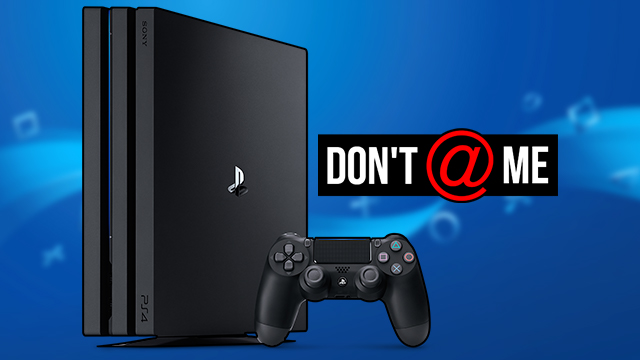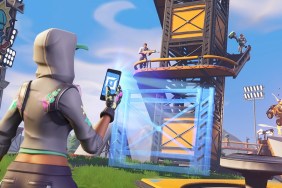Like many (if not most) gamers, I started out gaming on a console. The console power of even the earliest home gaming systems paled in comparison to what an equivalent PC was capable of, but it didn’t really matter then. I grew up playing the Nintendo Entertainment System which was quite a while before the days of multiplatform releases. We’re…

Atlas is an action-rpg with rogue-like elements where you use your ability to control the ground to fight the enemies and move through procedurally generated worlds.










